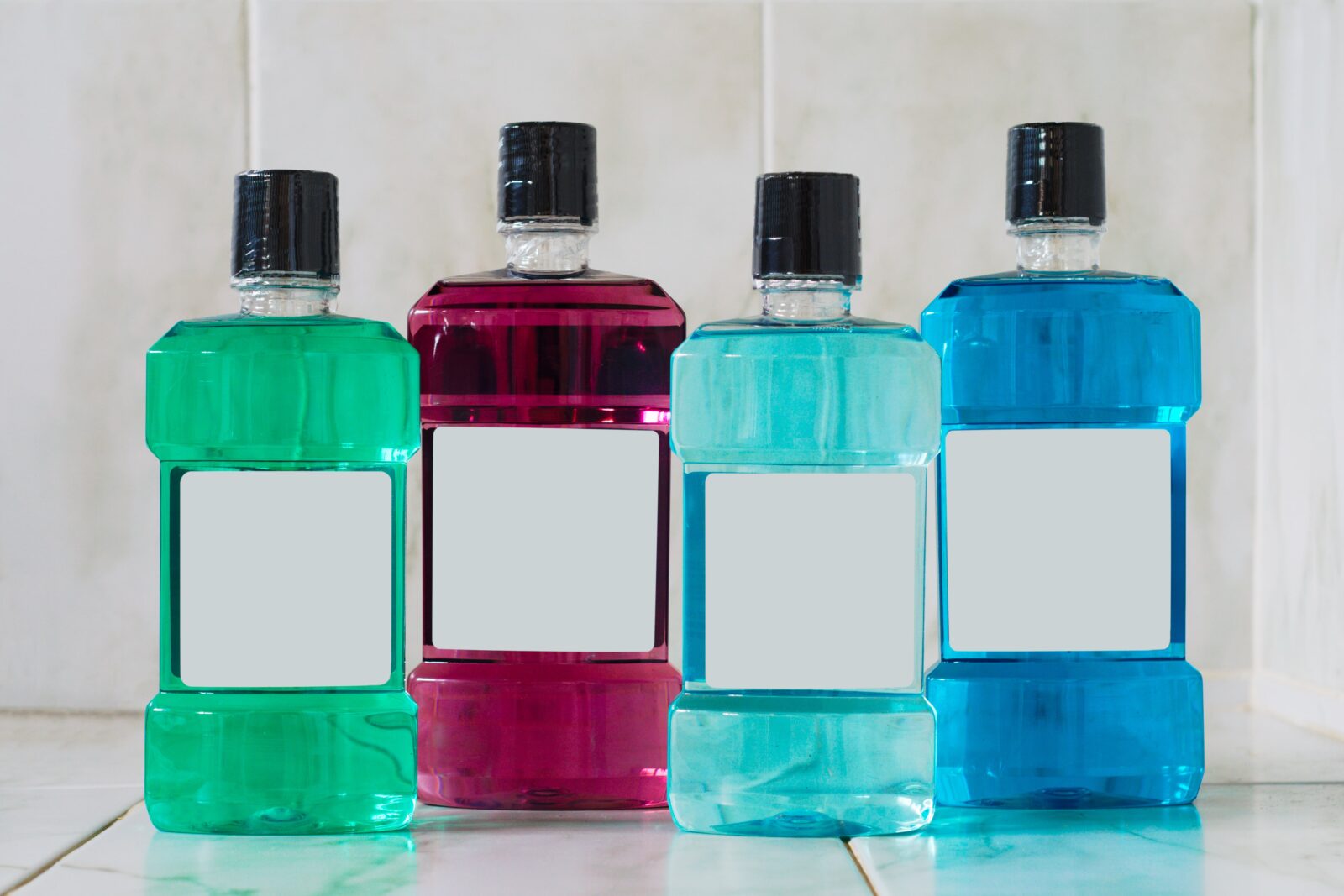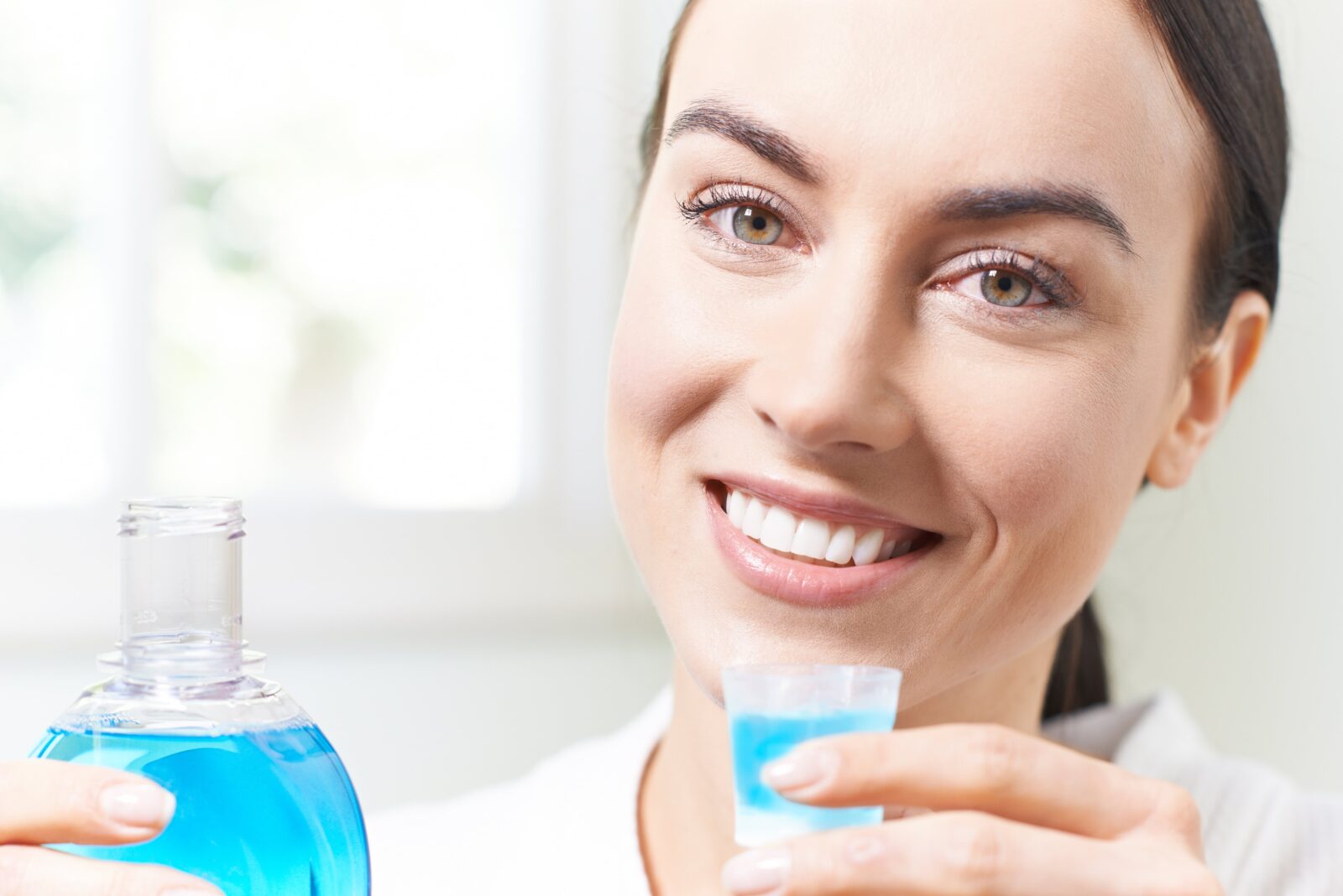Mouthwash is a popular product that is used to clean teeth and gums. It comes in a variety of flavors and brands, and there are many different types available on the market. Many people use mouthwash daily, but is it really necessary? That depends on your oral health habits and needs. In this blog post, we will discuss the benefits of mouthwash and help you decide if it is right for you!
What is Mouthwash?

Mouthwash is a liquid that is used to clean teeth and gums by swishing it around the mouth and then spitting it out in the sink. It comes in a variety of flavors and brands, and there are many different types available on the market. Some types of mouthwashes even come in a range of colors. While this is the extent that most people know about mouthwash, there are other things that you should know.
One of the things you should know about mouthwash is that there are two primary types: cosmetic and therapeutic. Cosmetic mouthwashes are those that are used to remove debris and mask odors, while therapeutic mouthwashes are those that contain ingredients that help to fight plaque and bacteria.
Therapeutic mouthwash is the type you want if you are looking for benefits such as reducing bad breath, fighting plaque, and preventing cavities. This is because therapeutic mouthwash can contain one or more of the following ingredients:
- Cetylpyridinium chloride: reduces bad breath
- Chlorhexidine: controls plaque and gingivitis (prescription only)
- Essential oils (eucalyptol, menthol, thymol, methyl salicylate): controls plaque and gingivitis
- Fluoride: strengthens tooth enamel to prevent decay
- Peroxide: used as a whitening agent in whitening mouthwashes
Can Mouthwash Benefit YOUR Oral Health?
There are many benefits to using mouthwash on a regular basis. Some of these benefits include:
- Reduced bad breath
- Fights plaque and bacteria
- Prevents cavities
- Maintains healthy teeth and gums
- Whitens teeth
If you are looking for an oral hygiene routine that will help keep your teeth and gums healthy, using mouthwash may be a good option for you. Additionally, mouthwash use is generally recommended to treat and/or manage these oral health conditions:
Tooth Decay

Regular mouthwash usage may be able to assist you if you are seeking to prevent tooth decay, as fluoride is an element present in many mouthwashes that is used to strengthen your tooth enamel in order to prevent cavities.
Gum Disease
Gum disease is a type of oral health problem that occurs when plaque and bacteria collect in excess around the gum line causing tartar, or hard deposits, to build up on the teeth. Brushing and flossing are required for gum health maintenance, but mouthwash also helps prevent and cure gum disease since it destroys excess bacteria. Mouthwash with chlorhexidine works especially well to treat active cases of gum disease.
Dry Mouth
The mouth’s primary function is to keep itself clean, however people with dry mouths produce less saliva than normal. Because insufficient saliva might lead to foul breath, tooth decay, and gum disease, many dentists recommend using a mouthwash designed for dry mouths. These mouthwashes usually include animal mucins, cellulose derivatives, and enzymes that mimic natural saliva. It is also important to avoid alcohol-based mouthwashes if you have dry mouth because the alcohol will only make the drying effect more severe.
Teeth Stains
Whitening mouthwash contains whitening agents such as carbamide peroxide and hydrogen peroxide, which can make it easier to remove stains from the surface of your teeth. However, these ingredients are mostly only effective at preventing new stains from forming rather than eliminating existing stains. To eliminate existing stains, a professional teeth whitening treatment may be required
In Conclusion
Mouthwash is a great way to keep your teeth and gums healthy. There are many different types of mouthwash available, so it is important to find one that fits your needs. Mouthwash can help reduce bad breath, fight plaque and bacteria, prevent cavities, and maintain healthy teeth and gums. If you are looking for an oral hygiene routine that will help keep your teeth and gums healthy, or if you have any of the aforementioned oral health conditions, using mouthwash may be a good option for you.
